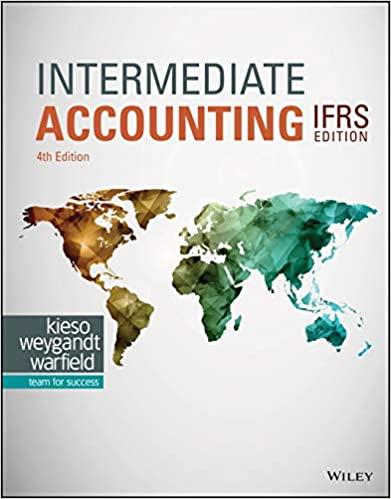Question
Also Tiffany could benefit from the merger because, Tiffany has been working to bounce back under Chief Executive Officer Alessandro Bogliolo, who decided to cut
Also Tiffany could benefit from the merger because,
Tiffany has been working to bounce back under Chief Executive Officer Alessandro Bogliolo, who decided to cut back on entry-priced gifting options and revamp marketing to target younger shoppers. At LVMH, the brand would join a stable that already includes Christian Dior fashion, Bulgari jewelry and Dom Perignon Champagne. (Deveau & Hammond, 2019b)
Another reason the acquisition was supported was due to the global jewelry industry's projected solid growth and profit potential. According to LVMH executives, it was believed that the industry had high barriers to entry which "insulates Tiffany from upstarts, which bodes well for the category in which Tiffany competes" (Cohan, 2019). Additionally, LVMH's scale offered Tiffany access to capital at much cheaper prices. In one typical example, LVMH raised USD 1.8 billion in a bond offering that would mature in seven years with a price of USD 99.16 for every USD 100 face value and an annual coupon of 0.125% (Markets Insider, 2020). LVMH has an average tax rate of 26%. Although Tiffany's shareholders would be paid in cash from the deal, the new combined company would finance the deal through additional bonds like these.
On the other hand, Tiffany & Co. had been successful as an independent operation for over 180 years due to a variety of reasons. Ultimately, the company had developed characteristics that were very difficult for competitors to replicate, which, in turn, demonstrated the company's competitive advantages, including "its diamond polishing facilities, long term relationships with diamond mines, strength in engagement jewelry, and long term growth potential in China" (Deveau & Hammond, 2019b). In a SWOT analysis of Tiffany completed by MarketLine, the company's strengths greatly outweighed its weaknesses. The September 2019 assessment determined Tiffany's strengths to be multiple channel sales, revenue growth, and manufacturing and design facilities. There was a weakness in operating performance in relation to a decline in revenue from the Japan business (MarketLine, 2018) and a cost of capital of 8.6%high for the industry (Jucca, 2019). Table 2 lists Tiffany's earnings per share from 2016 to 2019.
What is the cost of capital for the acquisition?
Step by Step Solution
There are 3 Steps involved in it
Step: 1

Get Instant Access to Expert-Tailored Solutions
See step-by-step solutions with expert insights and AI powered tools for academic success
Step: 2

Step: 3

Ace Your Homework with AI
Get the answers you need in no time with our AI-driven, step-by-step assistance
Get Started


